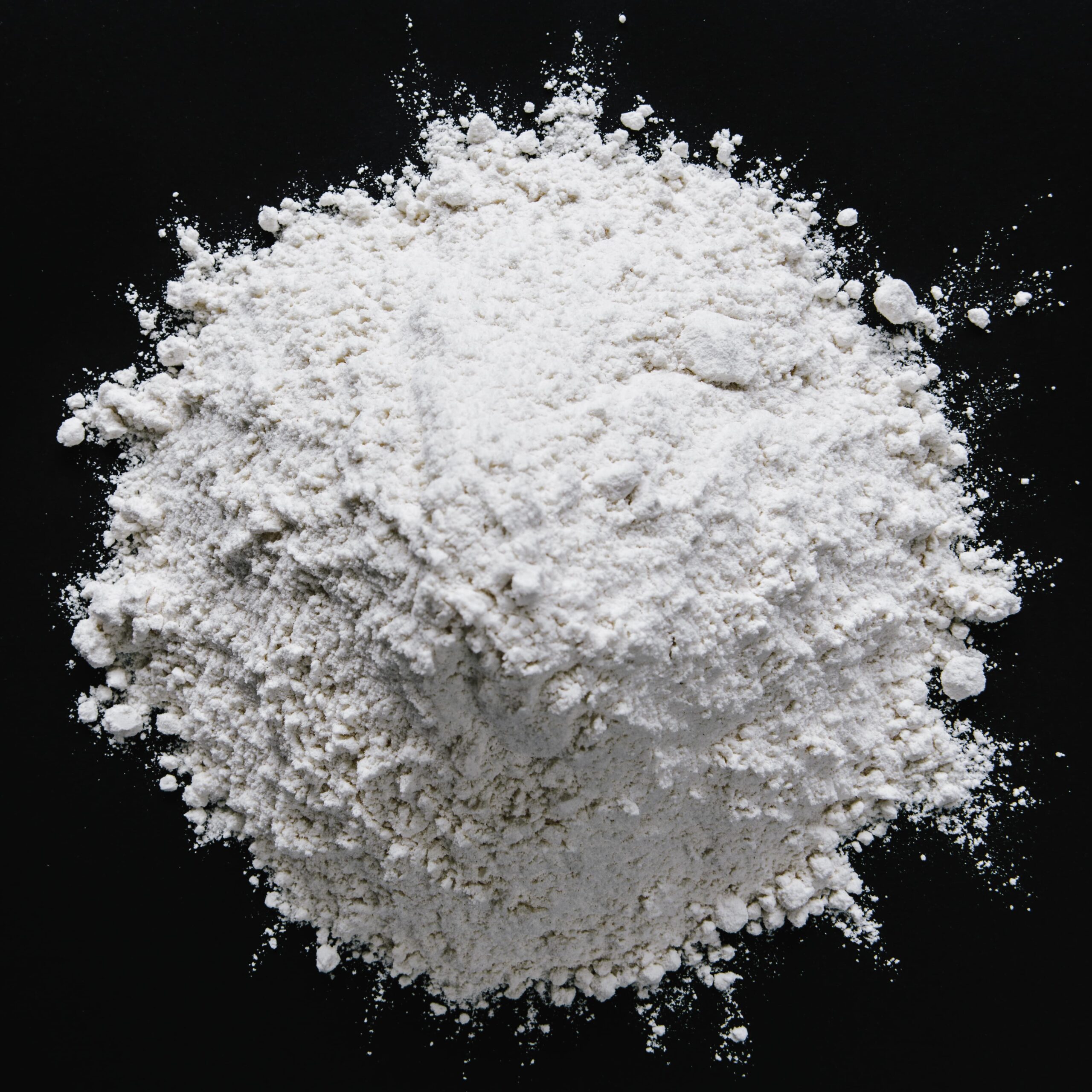
Malaysia’s food business has been increasing in recent years, and organic flour consumption is no exception. Organic flour is manufactured from grains that have not been treated with synthetic pesticides, fertilizers, or genetically modified organisms (GMOs). Consumers are becoming more health-conscious and ecologically sensitive, which is prompting them to seek out healthier and more sustainable food alternatives. In this post, we will look at the path of organic flour from farm to table in Malaysia.
The Growing Process
The production of organic flour begins with the growth phase. Organic grain farmers utilize natural techniques to fertilize and control pests on their crops. Crop rotation, cover cropping, and companion planting are some of the tactics they utilize to improve soil health and biodiversity. Organic farmers also avoid the use of synthetic fertilizers, herbicides, and pesticides, which can be harmful to the environment and human health.
Harvesting and Processing
Organic grains are collected and processed after they have been cultivated. To avoid using heavy machinery that might harm the land, organic grain producers harvest their harvests with traditional tools such as sickles or scythes. After harvesting, the grains are ground into flour in stone mills or roller mills. Stone mills are chosen because they grind grains more slowly and at a lower temperature, retaining the grains’ inherent oils and nutrients.
Quality Control
Organic flour is subjected to stringent quality control processes to guarantee that it satisfies the requirements established by organic certifying agencies. The Department of Agriculture in Malaysia is in charge of certifying organic products, including organic flour. Farmers and processors must follow tight requirements and undergo frequent inspections to guarantee that their goods satisfy organic standards in order to achieve certification.
Packaging and Distribution
After the organic flour has been certified, it is packed and supplied to shops and customers. Organic flour is frequently available in specialist stores or online, where buyers may discover a number of various types of flour, such as wheat, rice and corn flour. Organic flour is also available in select supermarkets and health food stores.
Benefits of Organic Flour
Organic flour offers many benefits over conventional flour. Organic flour is free from synthetic pesticides and fertilizers, making it a healthier option for consumers. Organic farming methods also promote biodiversity and soil health, which can lead to better crop yields and more sustainable farming practices. Additionally, organic flour is often fresher than conventional flour because it is milled in smaller batches, ensuring that it retains its natural flavors and nutrients.
Challenges Facing the Organic Flour Industry in Malaysia
Although Malaysia’s organic flour business is expanding, it still confronts several hurdles. One of the most significant issues is a lack of customer understanding about the benefits of organic flour. Many people are still uninformed of organic goods’ health and environmental advantages and may be hesitant to try them. Another issue is the cost of organic flour, which is frequently more expensive than conventional flour due to the increased expense of organic agricultural practises.
Conclusion
Organic flour is a healthy and sustainable food option that is gaining popularity in Malaysia. Consumers are becoming more health-conscious and environmentally aware, leading them to seek out healthier and more sustainable food options. Organic flour is grown using natural methods that promote soil health and biodiversity, making it a more sustainable option than conventional flour. Although the organic flour industry in Malaysia still faces challenges, it is poised for growth as consumers continue to seek out healthier and more sustainable food options.
